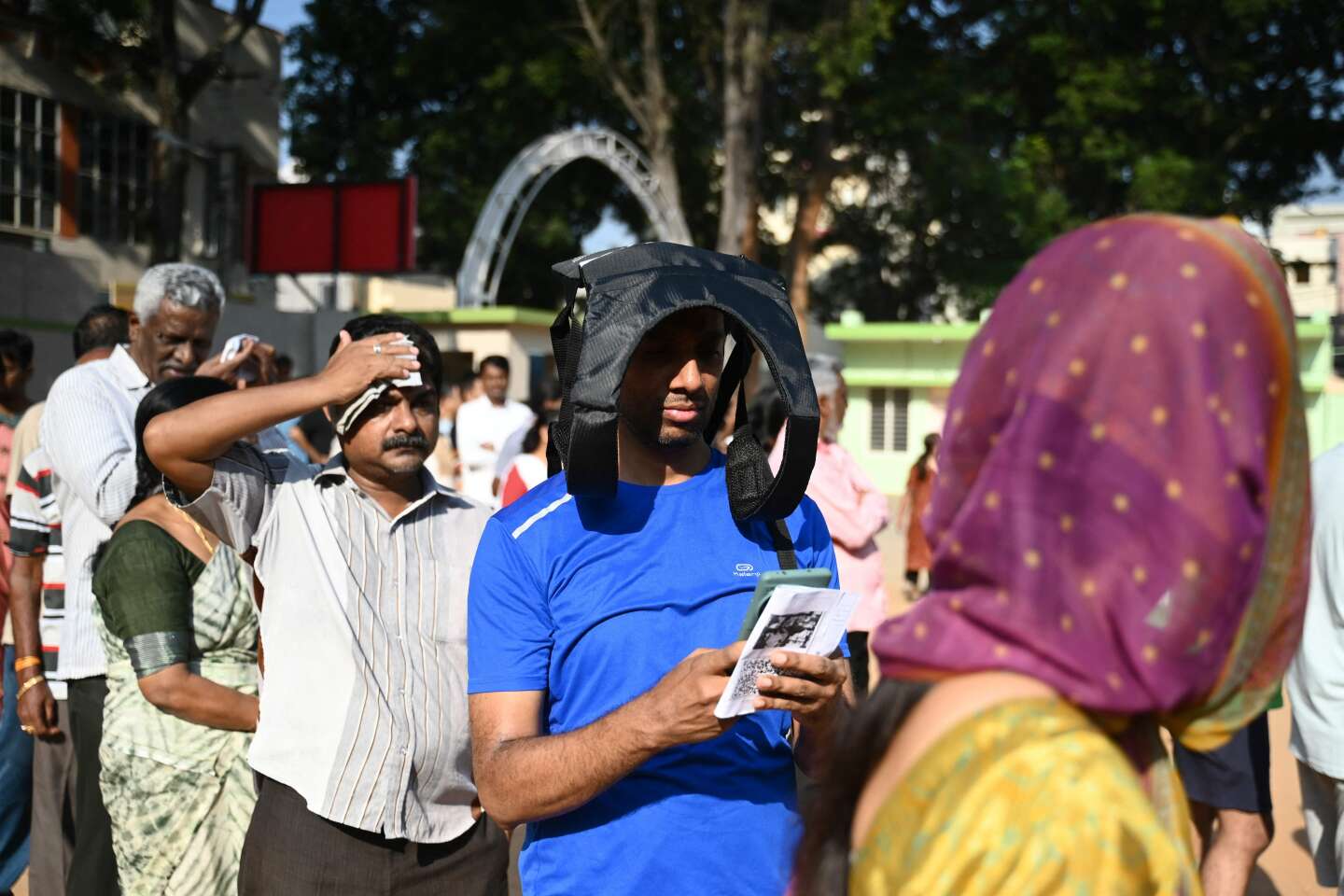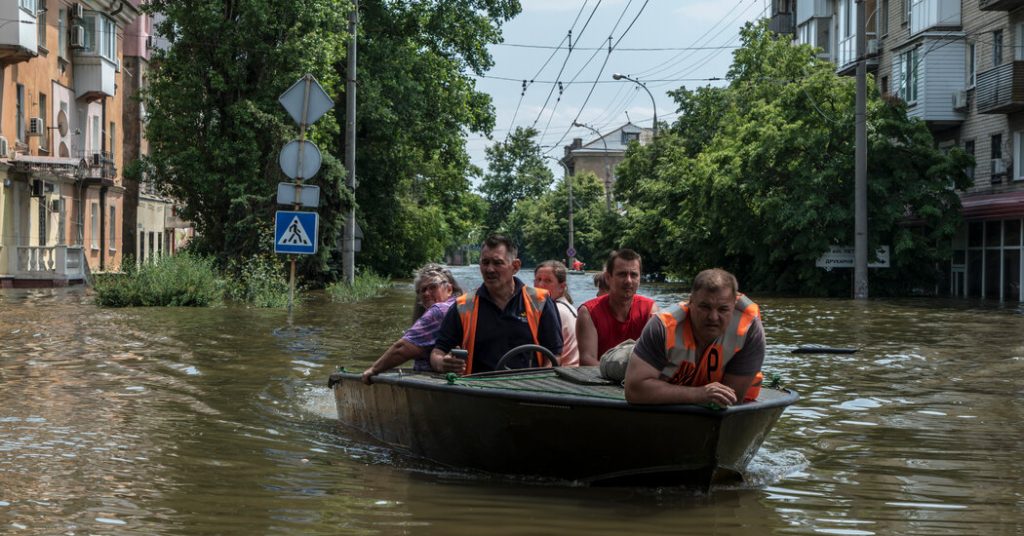Ukrainian authorities and the country’s charities have a proven track record in dealing with crises, and their hard-won skills — sometimes absent in disaster-affected countries — in responding to the destruction of a dam on the Dnipro River, can be seen as humanitarian. leaders say.
The state emergency service, which said it had rescued nearly 2,000 people from the immediate flood zone, has responded to thousands of Russian missile strikes since Moscow began its all-out invasion 15 months ago. They saved civilians, put out fires and helped people evacuate.
Then there is the network of volunteer groups that has grown rapidly since the invasion, with many people wanting to express solidarity with the war effort.
People aren’t the only ones who prove their toughness.
Ukraine’s transportation infrastructure has also been disrupted during the conflict, despite its many direct attacks – and transportation can be a critical factor in any disaster response. When the Nova Kakhovka Dam was breached on Tuesday, the government managed to evacuate people from the flooded area to the city of Mykolaiv by rail.
“Local civil society, the authorities, the private sector – these things are not appreciated in a crisis,” said Jan Egeland, Secretary General of the Norwegian Refugee Council and former UN Humanitarian Coordinator. “They are the first on the spot.”
Mr. Egeland said Ukraine had “more logistics, more trained personnel, more available on the market” for relief work.
On Thursday, the country’s president, Volodymyr Zelensky, called for a greater global response to the destruction of the dam, which caused water from the reservoir to flow downstream. So far, the UN has distributed more than 100,000 water bottles and provided food aid to 18,000 people and cash assistance to 3,500 people, according to Jens Laerke, a spokesman for its Office for the Coordination of Humanitarian Affairs.
Conducting evacuations and providing clean water are among the most pressing needs in the flood zone, but the task has been complex. Russian forces on the eastern bank of the Dnipro River are still shelling areas under Ukrainian control. There was also an unwillingness on the part of some residents, who had endured months of occupation followed by months of attack, to leave.
Many of those living near the riverbank were elderly and suffering from ill health and disabilities, said Selina Kozakijevic, Ukraine region director for the international relief organization CARE.
“Many people still refuse to leave their homes, even if it is flooded,” she said. “These are the populations that have been there since the beginning of the conflict.”
Even after the floods recede, people who choose to stay may face other dangers for months or years, including from water contamination and landmines that have strayed from their original locations.
Ukrainian aid groups, as well as most international humanitarian organizations working in Ukraine, are made up of mainly citizens who have the advantage of speaking the language, understanding the country, and often knowing the affected area intimately.
However, Ukrainian respondents from the immediate vicinity often face the added challenge of being caught up in the same disaster to which they are responding.
Even the best prepared countries often struggle to manage major disasters alone, said Mr. Egeland. He cited Turkey as an example of a country with a strong emergency preparedness sector that was nonetheless under intense pressure to deal with the fallout from the earthquake in February that killed nearly 60,000 people.
Much goes back to the money.
Disaster-affected countries need financial assistance to address the immediate crisis and then provide long-term support. In this regard, the international visibility that the war has already brought to Ukraine has made it easier for aid groups to raise money.
In an effort to draw attention to other crises in which large numbers of people have been forced from their homes, the NRC announced last week List published One of the ten most neglected displacement crises in the world. All 10 countries were in Africa or Latin America, with Burkina Faso at the top of the list.

“Infuriatingly humble alcohol fanatic. Unapologetic beer practitioner. Analyst.”









More Stories
Middle East Crisis: The United States and 17 other countries call on Hamas to release the hostages
José Andrés pays tribute to seven World Central Kitchen workers killed in Gaza
130 whales rescued from a mass beaching in Western Australia